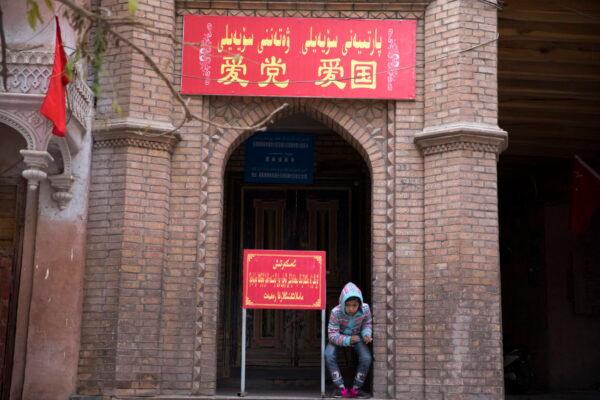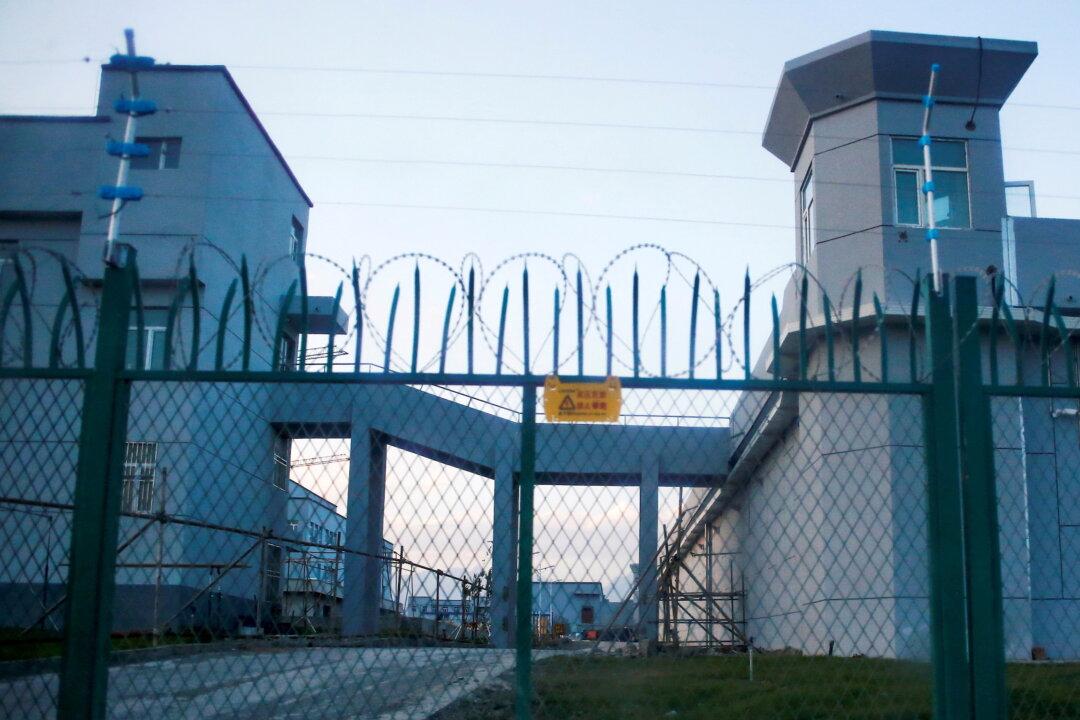Several Western countries have joined forces to call for a debate at the United Nations Human Rights Council over China’s “crimes against humanity” in the Xinjiang region.
The United States, Britain, Canada, Denmark, Finland, Iceland, Norway, and Sweden presented a draft proposal on Monday calling for a debate on the situation in Xinjiang during the council’s next session in early 2023.
The draft proposal will require a majority vote in the U.N. council to be approved. If passed, it would be the first time that China’s human rights violations were formally put on the council’s agenda.

The council currently counts both China and the United States as members. The draft comes two days before the deadline for submitting such documents, allowing diplomats to discuss and even vote on it before the end of the session.
‘Long-Delayed’ UN Report
The U.N. report, published by the Office of the U.N. High Commissioner for Human Rights (OHCHR), found that the scale and brutality of the detentions, framed by CCP as “vocational skills education centers,” likely qualified as a crime against humanity.A CCP white paper quoted in the report said that the regime had arrested nearly 13,000 people and “punished” more than 30,000 others for “religious extremism” between 2014 and 2019.
This, the report said, was likely a direct violation of Article 9 of the Universal Declaration of Human Rights, which bars arbitrary detention.
Agnes Callamard, the secretary-general of Amnesty International, criticized the “inexcusable delay” in the report’s release but emphasized that it should not deflect from the document’s significance.
“All member states have a moral obligation to support proposals to discuss the report and establish an investigatory mechanism, or else be left on the wrong side of history,” Callamard added.





